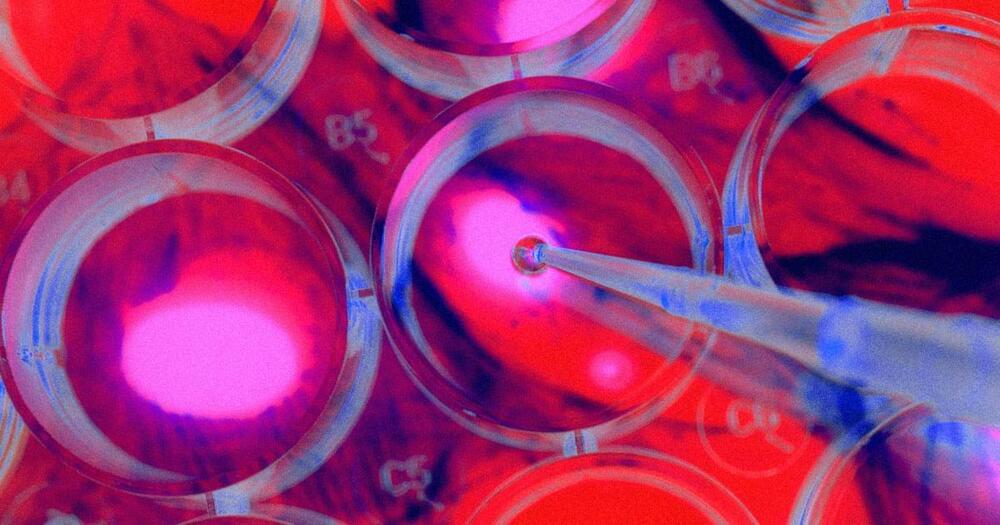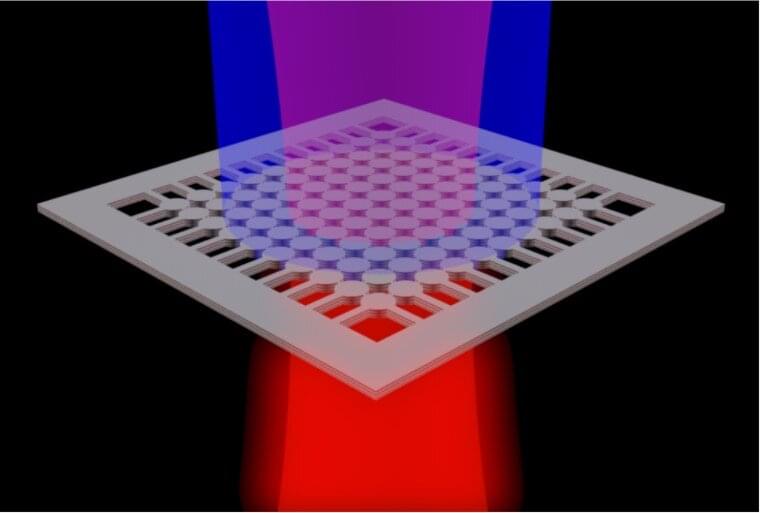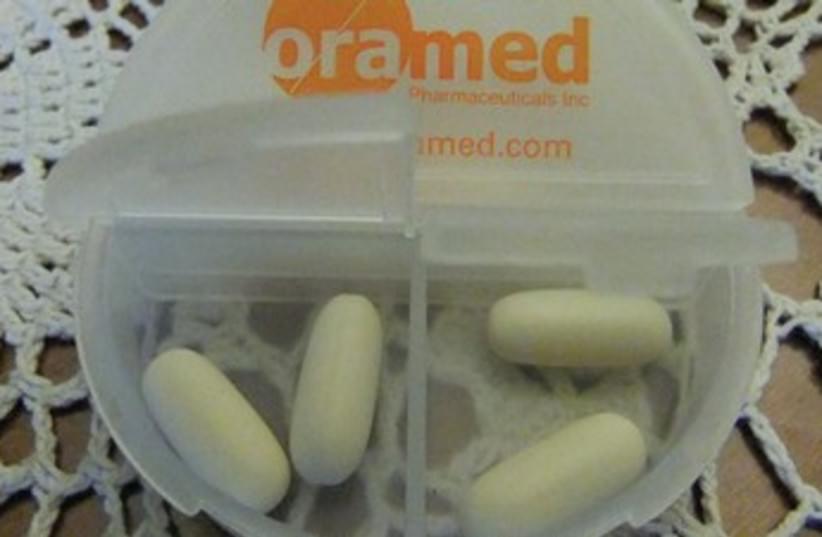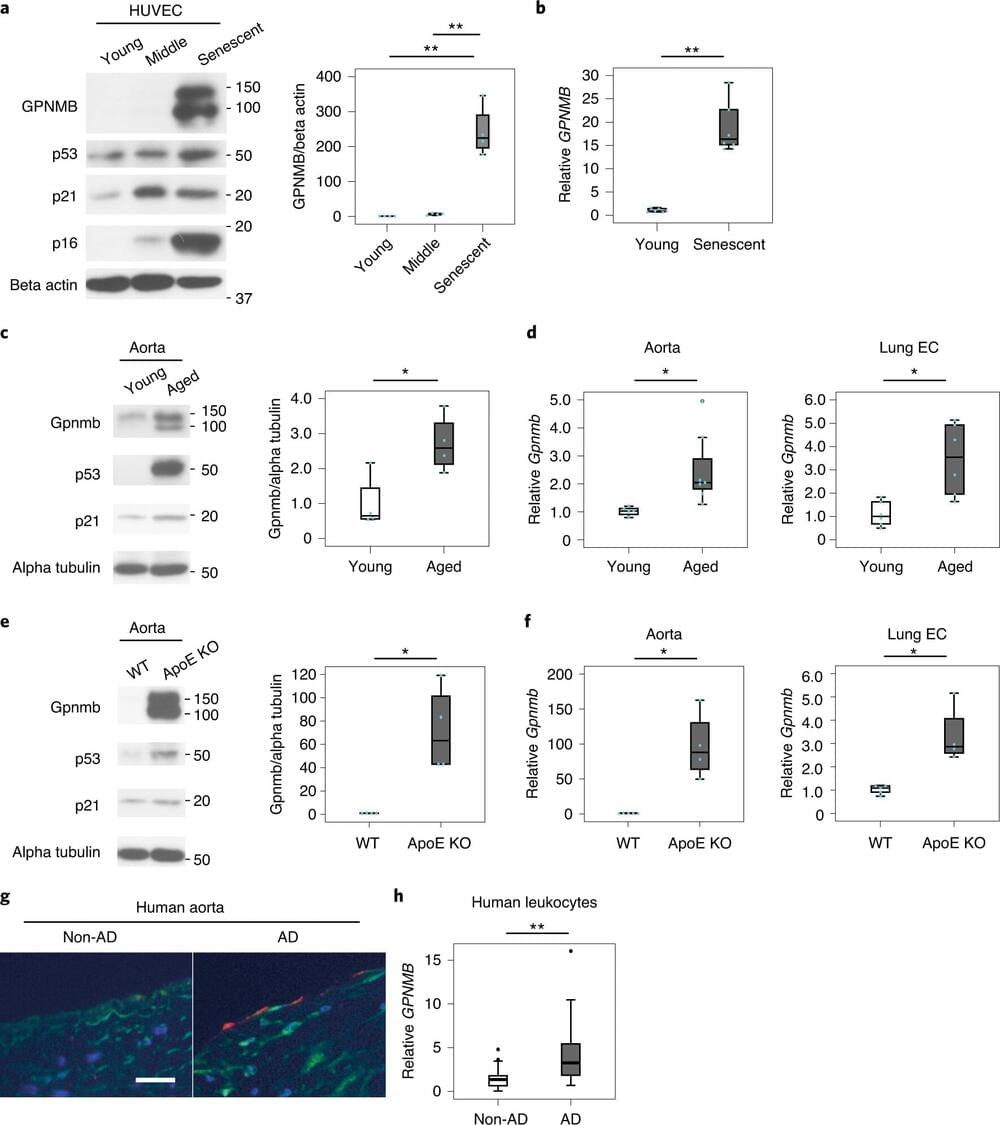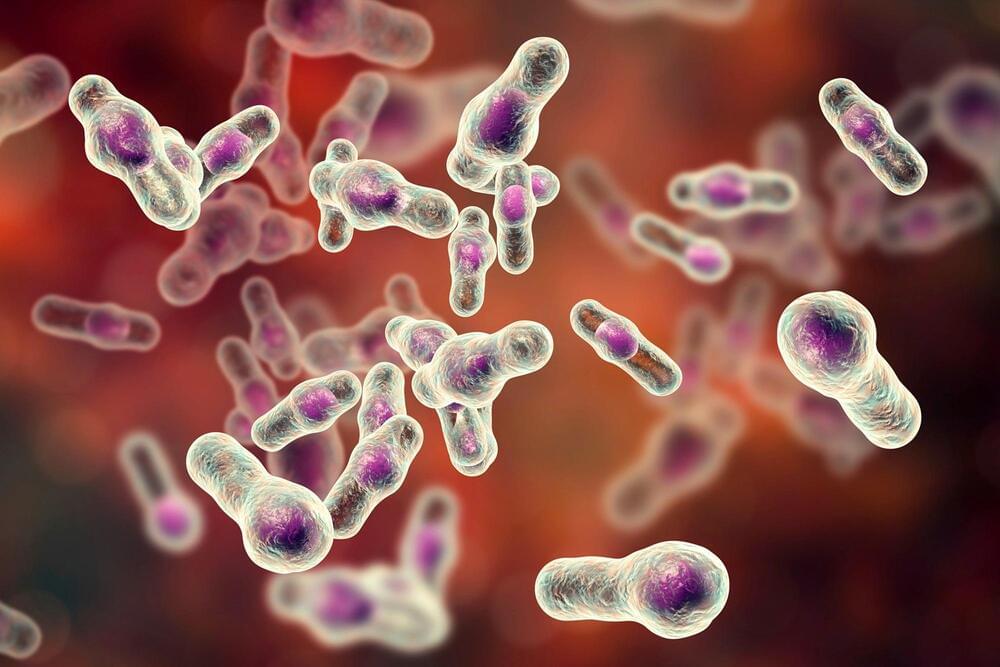Start listening with a 30-day Audible trial and your first audiobook is free. Visit.
http://www.audible.com/isaac or text “isaac” to 500–500.
In the future Biotechnology may allows us repair, modify, or augment humans, but how will this be done? What will these technologies look like and should we embrace them?
Visit our Website: http://www.isaacarthur.net.
Support us on Patreon: https://www.patreon.com/IsaacArthur.
Facebook Group: https://www.facebook.com/groups/1583992725237264/
Reddit: https://www.reddit.com/r/IsaacArthur/
Twitter: https://twitter.com/Isaac_A_Arthur on Twitter and RT our future content.
SFIA Discord Server: https://discord.gg/53GAShE
Listen or Download the audio of this episode from Soundcloud: Episode’s Audio-only version: https://soundcloud.com/isaac-arthur-148927746/biotech-human-…gmentation.
Episode’s Narration-only version: https://soundcloud.com/isaac-arthur-148927746/biotech-human-…ation-only.
Credits:
Biotech: Human Modification and Augmentation.
Science & Futurism with Isaac Arthur.
Episode 289, May 6, 2021
Produced & narrated by isaac arthur.
Writers:
